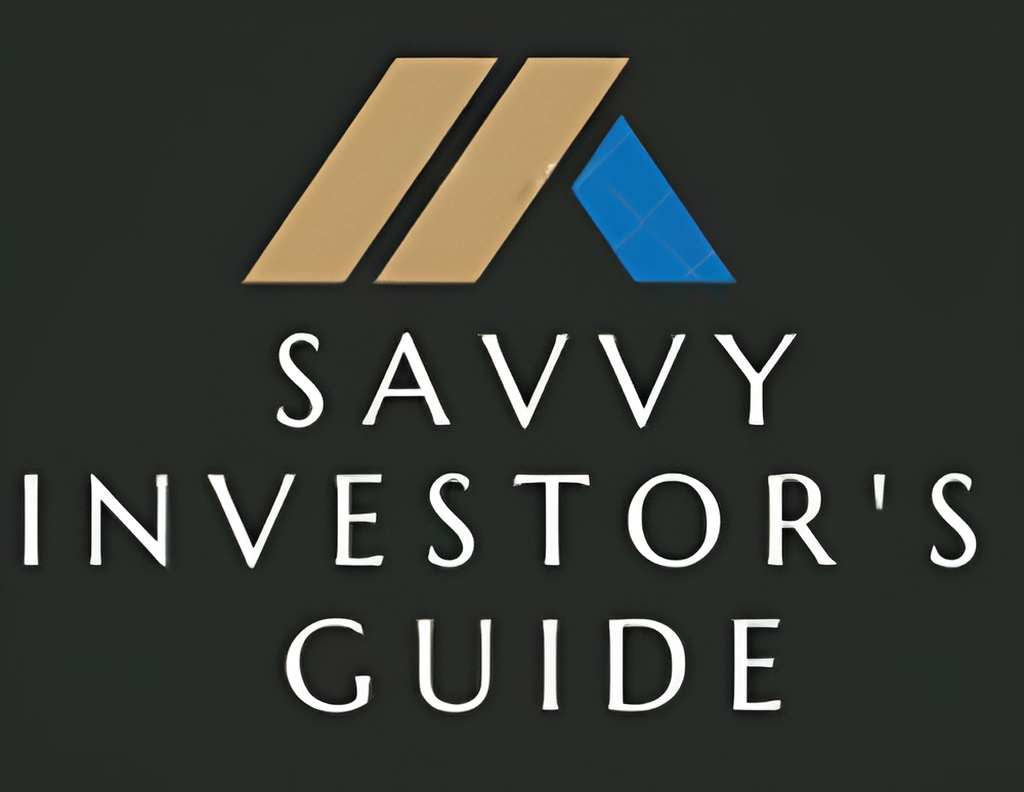10 Tips for Successful Real Estate Property Investment
Even if real estate prices seem to have struck a short-lived ceiling in numerous countries all over the world, that doesn’t imply that benefit from residential or commercial property financial investments are difficult to come by.
Even throughout a real estate market depression, stagnation or downturn revenues can be made in your area and overseas. This article shows you the leading 10 tips that investor use to their home portfolio structure technique to ensure success from their financial investments.
1) Research the curve – the idea of a residential or commercial property market cycle existing is not myth it’s a reality and is typically accepted to be based upon a price-income relationship. Examine the recent historic cost data for properties in the area of the nation you’re thinking about acquiring in and try to figure out the total feel in the market for prices presently. Are rates rising, are prices falling or have they reached a peak. You require to know where the curve of the home market cycle is at in your favored investment area.
2) Get ahead of the curve– as a standard guideline of thumb, expert real estate residential or commercial property financiers look for to buy ahead of the curve. If a market is increasing they will try and target up and coming areas, areas that are close to locations that have actually peaked, areas close to locations experiencing redevelopment or investment.
3) Know your market– who are you purchasing property for? Know what they look for in a residential or commercial property and guarantee that is what you are going to be providing them
4)Think more afield– there are emerging real estate home markets around the world where countries’ economies are going from strength to strength, where a growing tourism sector is pushing up demand or where constitutional legislation has been or is about to be changed to enable for foreign freehold ownership of residential or commercial property. Look even more afield than your own back yard for your next residential or commercial property investment and diversify that real estate portfolio for optimum success.
5)Purchase cost– set yourself a spending plan that will realistically enable you to buy what you’re looking for and make money from that purchase either through capital gains or rental yield.
6)Entry expenses– research study fees, charges and all expenses you will incur when you buy your residential or commercial property– they differ from nation to nation and sometimes even from one state to another. In Turkey for example you must add on an additional 5% of the purchase price for all costs, in Spain you will require to factor in approximately 10% and in Germany charges and charges can be in excess of 20%. Know how much you will have to incur and factor this quantity into your budget plan to avoid any nasty surprises and to guarantee your financial investment can end up being profitable.
7)Capital growth potential– what elements point to the possible success of your genuine estate home investment? If you’re looking overseas at an emerging market, which social or economic indicators exist to recommend that property prices will increase?
8)Exit expenses– if you will sustain considerable capital gains taxation liability if you sell your residential or commercial property financial investment for profit, will that render the investment profitless? In Spain a foreign purchaser can sustain approximately 35% capital gains tax, in Turkey on the other hand home sales are capital gains tax totally free if the underlying realty has actually been owned for four or more years.
9)Profit margins– what levels of capital development can you realistically gain on your residential or commercial property financial investment or just how much rental earnings can you generate? Work out these realities and then work backwards towards your initial spending plan to exercise your possible earnings margins. At all times you need to keep the bigger image in mind to guarantee that your real estate financial investment has great capacity for profit.
10)Think long term– unless you’re purchasing residential or commercial property off plan and meaning to turn it for resale and profit before conclusion you should see property investment as a long term investment. Real estate is a sluggish to liquidate property, money tied up in home is not simple to maximize. Take a long term approach to your residential or commercial property portfolio and offer your possessions time to increase in value before cashing them in for profit.
You need to know where the curve of the property market cycle is at in your favored financial investment area.
2) Get ahead of the curve– as a standard rule of thumb, expert real estate property financiers seek to buy ahead of the curve. 7)Capital development potential– what aspects point to the prospective profitability of your genuine estate property financial investment? 9)Profit margins– what levels of capital growth can you realistically acquire on your residential or commercial property financial investment or how much rental income can you generate? 10)Think long term– unless you’re purchasing property off plan and planning to flip it for resale and profit before completion you need to view real estate financial investment as a long term financial investment.
